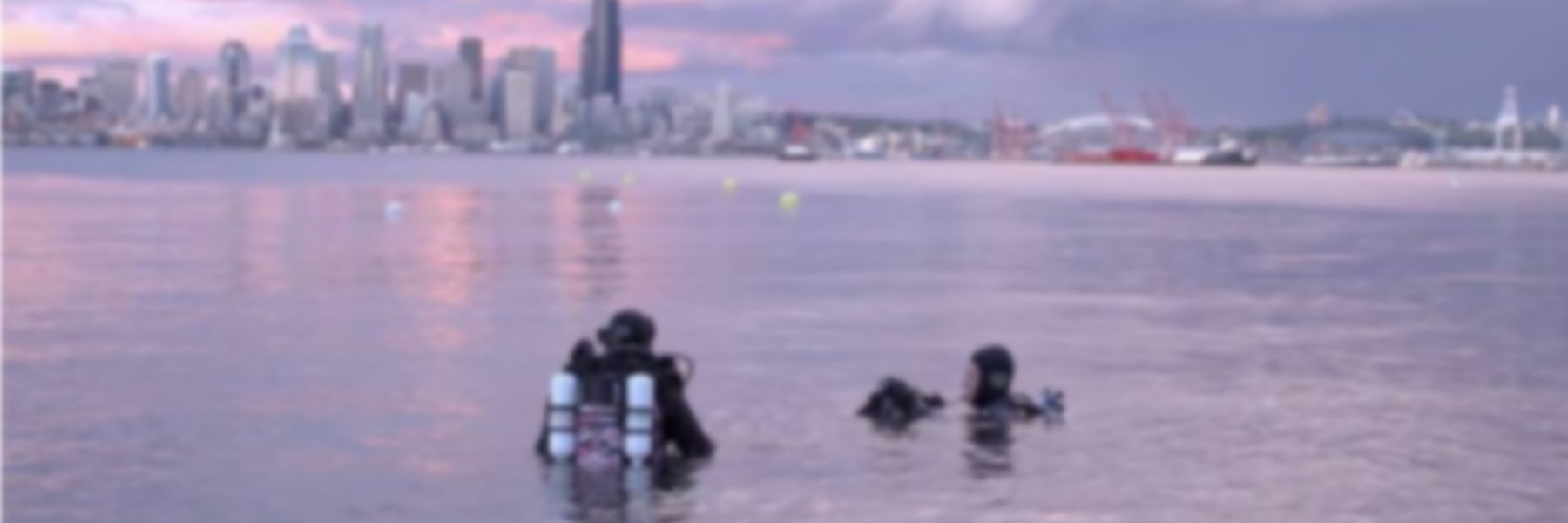I would like to take a moment to say something about the influx of Oil trains through the Northwest. Quite simply, the risk is far too great.
All the global impacts aside, all the potential health impacts aside (from increased Diesel exhaust), Traffic, etc… My concern is this. We live in an area where landslides happen. Each year it seems we read about a train bumped off the tracks by a mudslide somewhere along the Puget Sound corridor (if you hadn’t noticed the train tracks pretty much line the Seattle side of the Sound). Sometimes its a passenger train, sometimes its tank cars full of chemicals and sometimes we get lucky and they are empty.
But this is a WHEN not if situation, a foregone conclusion. If we increase the volume of oil traveling by rail along the shores of Puget Sound, we will have a marked increase in the opportunities for derailing caused by landslide or otherwise (I tend to think of this as a higher possibility than a barge or ship accident – although that could be incorrect thinking on my part – please correct me if i’m wrong). Sooner or later a tank car WILL derail, and WILL rupture and leak oil into our waterways. An oil spill in Puget Sound would be crushing to the fragile ecosystem and devastating to the amazing creatures that call it home. Even if it doesn’t happen in Puget Sound proper and it happens further up north across the border (be it train, barge or ship incident), it WILL impact our waters, because, GET THIS, they are all connected! There is no magic boom that separates American and Canadian waters.
We are woefully unprepared from a spill response standpoint. Both from a resources that will be needed and fiscal standpoint. Being that its very likely the transport of oil through our State by both rail and on water will continue and increase, we need to prepare to mitigate the impacts in the case of disaster. Charge the shipping companies a fee that will buoy up our spill response and clean up fund, mandate stricter regulations on the type of tank cars (make sure they are more robust) that can travel across our state lines, educate the public about the hazards of a clean up (its not like it can be an “all hands” call because both the oil itself and the chemicals used for clean up are detrimental to our health. People will need training to deal with the aftermath, and starting once its already happened will be too late. Build and support a citizen action coalition, actively reach out and train groups and individuals, thousands of people ready to spring in to action WITH the appropriate training to support the agency and private organization with boots on the ground manpower, and then cross our fingers hope we never need them.
The Alaska Exxon Valdez oil spill happened long enough ago that it is an afterthought. Something that the 40-somethings vaguely remember being a big deal back in the late 80′s (it happened on March 24, 1989 for those who don’t remember) I was still in high school, so in all honesty it was even kind of abstract to me. We must learn from our past, so that we might imagine what it would look like to have oil coating the shoreline of our precious sound.
